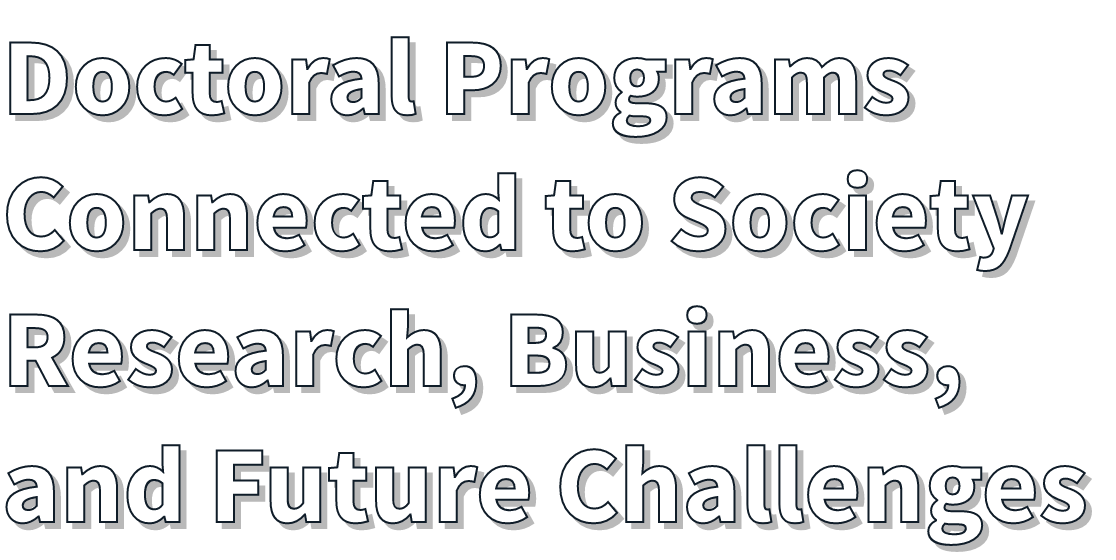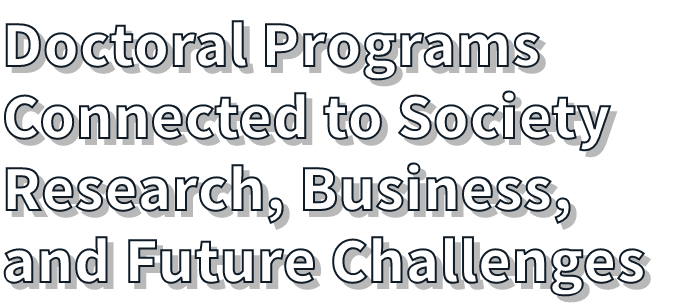

School of Materials and Chemical Technology
Department of Chemical Science and Engineering
Graduate Major in Energy Science and Informatics
Leo Adachi
Next Generation Solar Panels: Adding Color to Cities
Development of decorative technology for building-integrated solar cells
After studying at a technical college in Hyogo Prefecture for seven years, I entered the graduate school at Institute of Science Tokyo. I am currently enrolled in the Energy Science and Informatics doctoral program in the Department of Chemical Science and Engineering at the School of Materials and Chemical Technology, where I am conducting research on decorative technologies for solar cells integrated into buildings.
The widespread use of solar power is one of the measures being taken against global warming, and the installation of solar cell modules on building walls is attracting attention as a way to achieve zero-emission energy use in buildings. However, conventional black solar cell modules have a tendency to detract from the aesthetics of the surrounding landscape.
Therefore, this research focuses on the development of decorative technologies that give solar cell modules various colors and textures, especially white panels with high light reflectance, with the goal of creating solar cell modules that can comply with urban landscape ordinances. I hope to improve solar cell module designs through various technologies, such as textured glass surfaces and white film insertion.
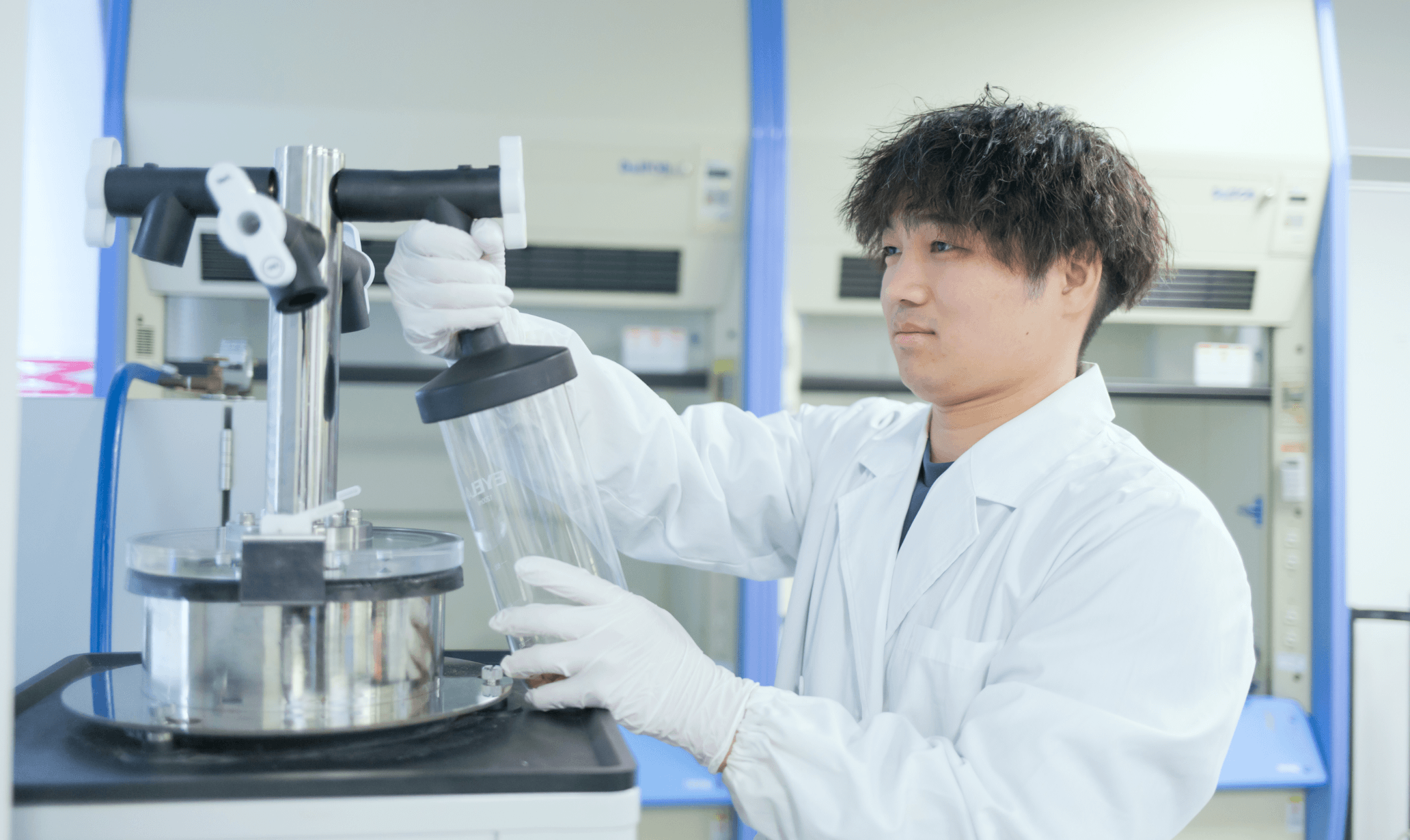
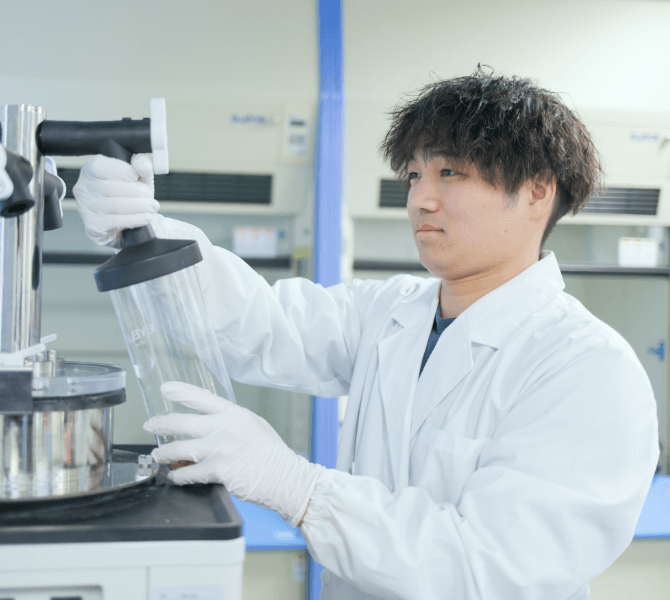
Pioneering the Future through Interdisciplinary Integration
The challenge of the Academy of Energy and Informatics
I entered graduate school in April 2020. Due to the COVID-19 pandemic, I was unable to attend in person for about six months, but I took it as a new opportunity to learn. In addition to online classes, I deepened my knowledge by attending online lectures by various researchers and doctors from outside the university.
In the midst of this, the Academy of Energy and Informatics was established in December 2020. The opportunity to receive financial support to concentrate on my studies in the doctoral program was a big plus, but more than that, I had a strong desire to not confine myself to my field of expertise as a chemical researcher, but to actively challenge myself to learn other fields. I decided to apply for this program because I have always been interested in informatics, and I thought that by joining this academy, I could learn about data science and artificial intelligence (AI) while utilizing what I had learned in my master’s program.
After going through a document screening and an interview process, I felt that my experience in data science and business administration courses as well as the future I envisioned aligned well with the goals of the academy. On the advice of my professor, I registered as a member of the first class of the Academy of Energy and Informatics in April 2021.
Great opportunities to meet fellow doctoral students at the Academy of Energy and Informatics
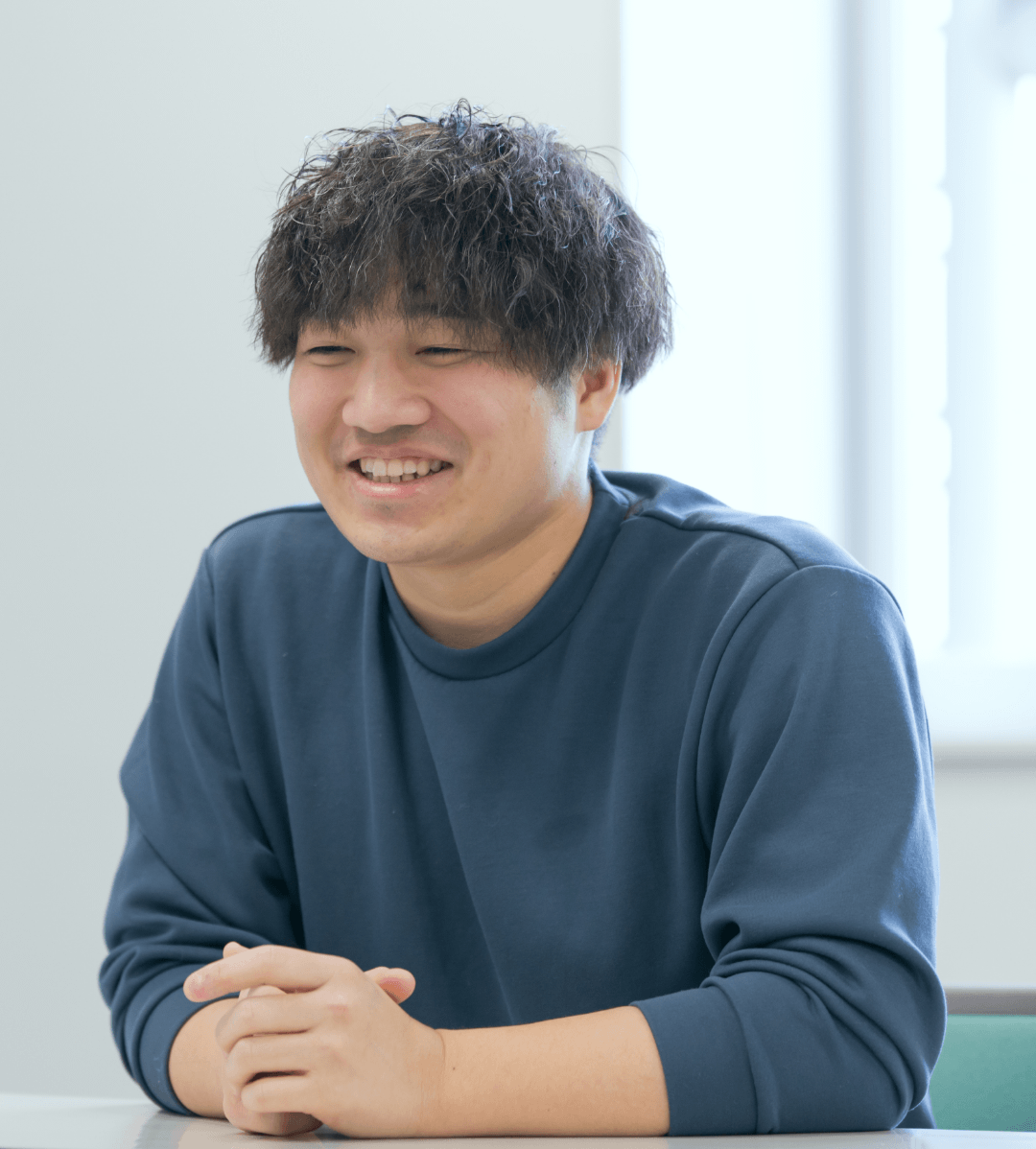
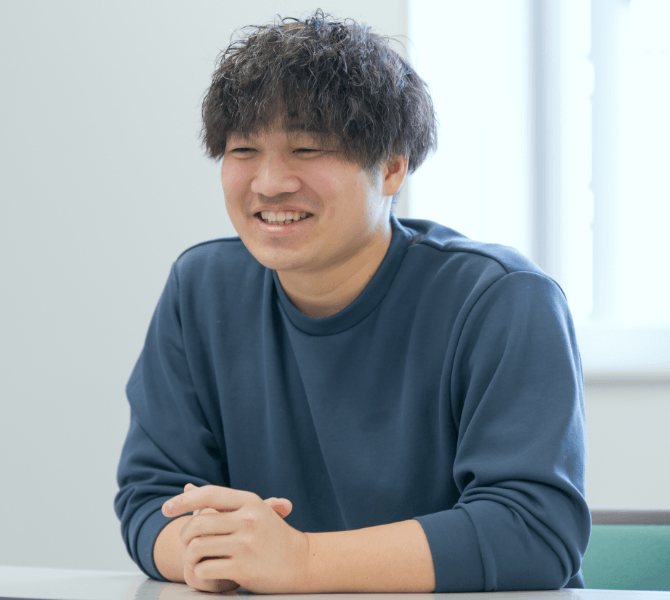
I took information-related subjects at the Academy of Energy and Informatics to acquire basic knowledge and skills in data science and artificial intelligence (AI). In addition to learning to use these tools, I also participated in exercises focused on big data science, which is specific to the energy field. I also completed the Data Science and AI Specialized Learning Program, which was a significant achievement for me.
Being a part of this academy has allowed me to learn about three multi-scope fields: multidimensional energy theory, big data science, and social concepts. It has also provided me with the invaluable opportunity to meet with fellow doctoral students outside of my own research field.
There are only a few doctoral students in my lab, and since the doctoral program places a strong emphasis on research with relatively few classes, it can be challenging to make new acquaintances. However, I have many doctoral peers at the academy.
The doctoral journey is undoubtedly a difficult one,
but simply sharing research progress with those around me has served as a great source of emotional support. Through exchanges with students in similar research fields, I’ve had many opportunities to stay updated on the latest research trends and apply them to my own work.
Furthermore, interactions with researchers from different fields has been a great opportunity to fill in the gaps in my own expertise and broaden the scope of my research. For example, if I’m using polymers as a research material but lack basic knowledge about polymers, I am able to casually ask a doctoral student specializing in polymer science at the academy about how to use the equipment and how to make measurements. In this environment, surrounded by individuals from various fields, I was able to grow through friendly competition and build invaluable friendships along the way.
Learning and Insights from the International Forum
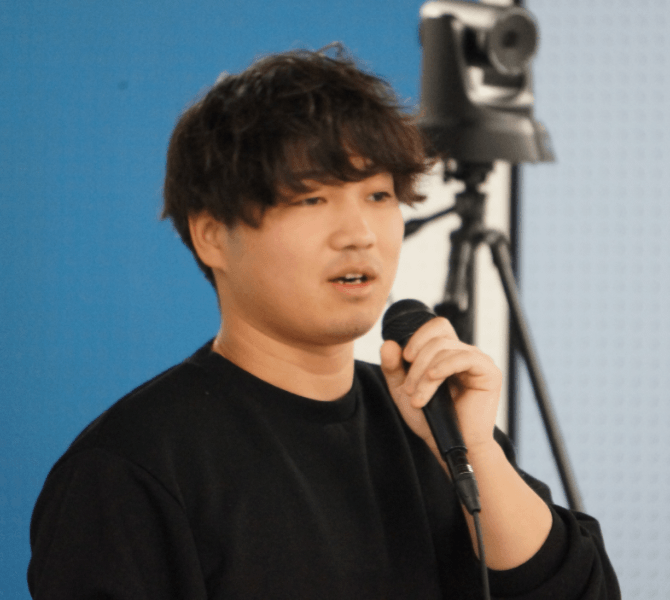
As part of the curriculum, the academy holds an International Forum every year, where students from overseas can deepen their interactions with each other and take part in group work and presentations. The forum lasts for five days, and it took place in Hawaii in 2022 and in Bali in 2023. The students lived together with overseas participants in groups of three, worked on assignments as a team, and made presentations on the final day. It was an extraordinary challenge to create something while communicating in English, but I feel that I was able to grow as a person.
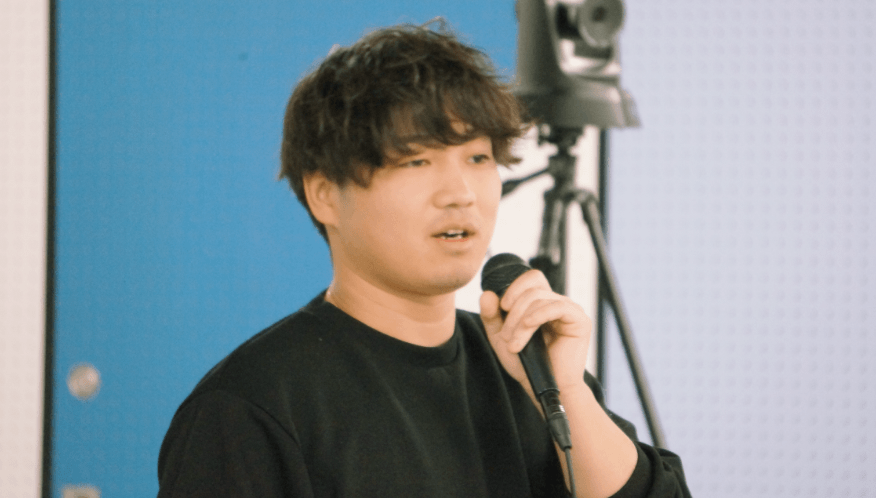
Through interacting with international researchers at the forum, I also gained insight into the academic and lifestyle of graduate students abroad. I realized that in other countries, a doctoral program is recognized as a profession that carries high status and commands respect, whereas in Japan, doctoral students are still viewed primarily as students. This experience made me reflect on the status of doctorates, including how we can ensure that the expertise of doctorates is more highly valued and the support system is strengthened in Japan in the future.
I also had the opportunity to meet with representatives from corporate partners in Japan and abroad, as well as professors from leading universities. From Japanese industry professionals, I was able to learn about career paths after graduating from doctoral programs and how PhD holders can contribute in a corporate context. I appreciate the opportunity to expand my future options through discussions with these individuals.
The InfoSyEnergy Outreach curriculum required students to compile a report on how their research is positioned in society, which included gaining comprehensive, multifaceted insight into the social significance and value of their research, which was quite a challenging task. However, it was a very valuable experience in helping me think critically about my future and the broader impact of my academic pursuits.
Exploring Two Paths: Research and Business
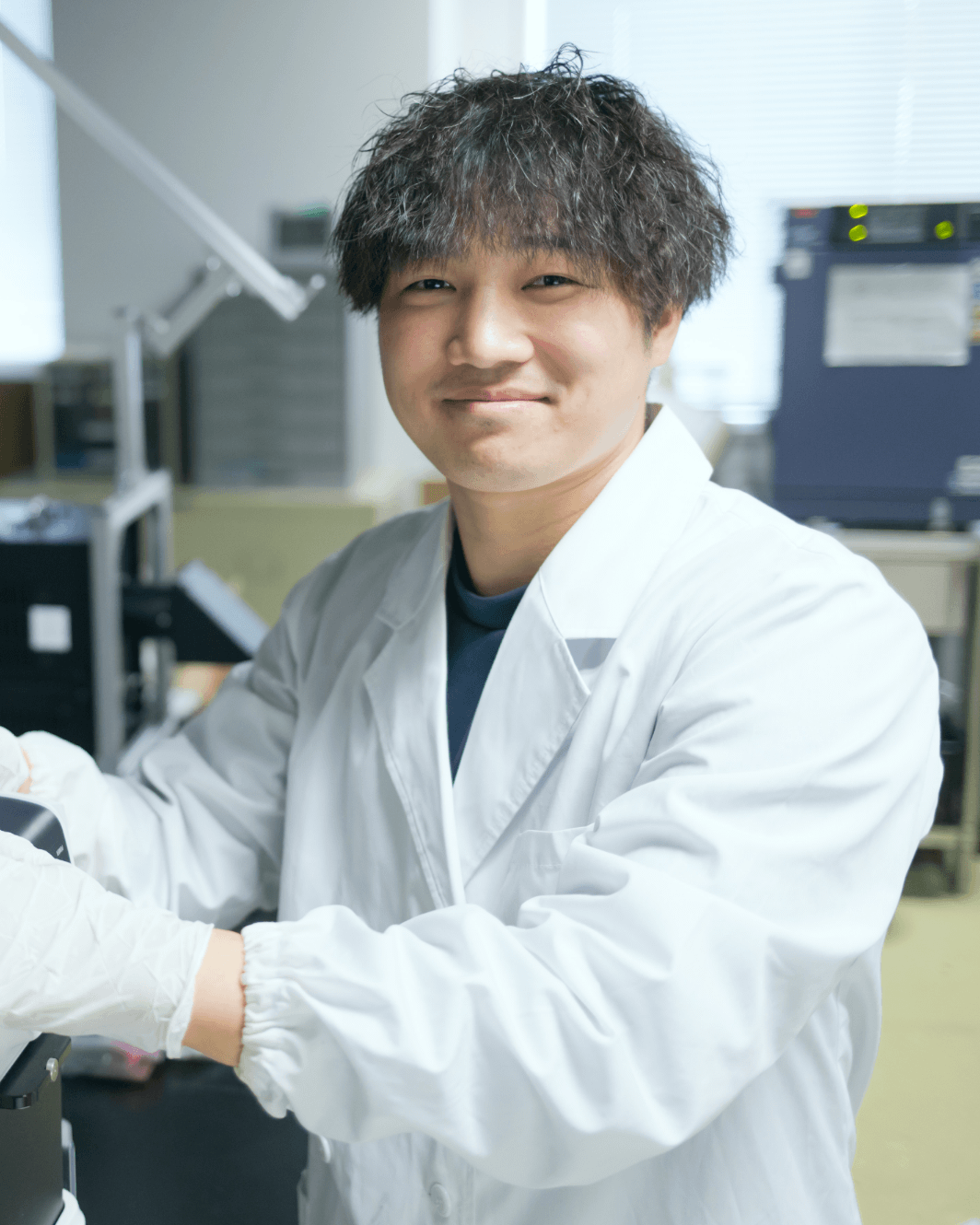
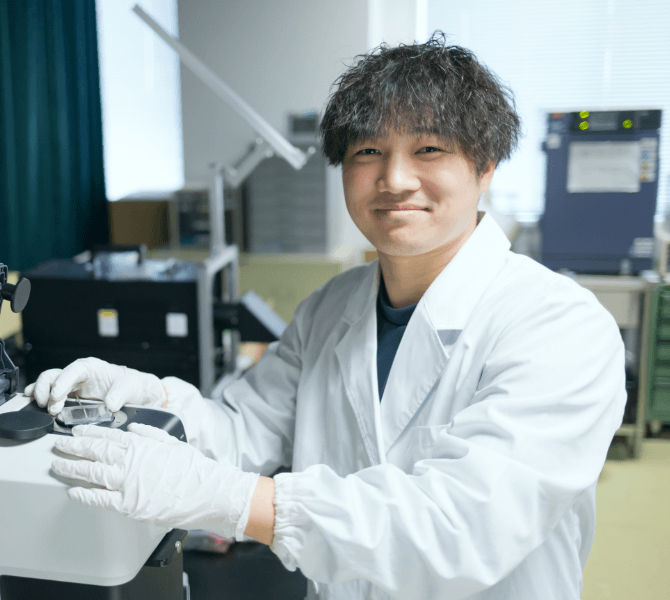
When you hear the word “PhD,” you may imagine someone who is fully dedicated to research, but I also place importance on activities other than research. While research is, of course, important for doctoral students to seriously engage in the primary activities of presenting findings and writing papers, I think we should go beyond that and proactively allocate time to activities other than research.
With that in mind, concurrent to starting my doctorate, I also enrolled in the Master’s Program in Technology and Innovation Management Program at the School of Environment and Society in 2022, obtaining a Master’s Degree in Technology Management in 2024.
While continuing my university studies, I also started my own business in 2022, launching INSHI Inc., a prep school specializing in graduate school entrance exams. The company is organized as a corporation, and I serve as the president and CEO. We currently have contracts with several staff members to provide instruction tailored to the needs of students who are aiming to pursue graduate studies in science.
Personally, I’ve never been good at sticking to one thing for a very long time (laughs), but I work hard every day to balance my research activities with my business, keeping in mind goals such as clarifying the direction of my research, reducing unnecessary detours, and writing papers efficiently.
I feel that simply having a PhD in chemistry is not enough to increase one’s value as a researcher. This is because there are many people with PhDs who do the same work. Therefore, in addition to researching chemistry, I am also obtaining a Master’s Degree in Technology Management and gaining entrepreneurial experience, with the goal of becoming a person with unique strengths.
I enjoy both research and business, so in the future I would like to try my hand at business in a field related to my research. I will complete my doctoral program in March 2025 and start working for a human resources company in April. Fortunately, since the company allows side jobs, I plan to continue to build up my experience by exploring various possibilities both in my main job and through entrepreneurial endeavors.
A learning environment designed to maximize the potential of a doctoral degree
The Academy of Energy and Informatics is especially recommended for students who are interested not only in their own field of study, but also in other fields. In fact, I believe it can be extremely beneficial for any doctoral student to study here, regardless of their specialization.
Some people think that doctoral researchers should just focus on research, but I disagree. I believe that future PhDs will need skills beyond their research specialty. At this academy, students are required to study subjects that may lie outside of their areas of expertise. In order to become truly outstanding researchers, it is essential to acquire practical skills beyond research itself — such as how to obtain research funding and how to present research findings effectively.
While focusing solely on research may have been the mainstream in the past, this could lead to a gap between researchers and the general public. Going forward, it may be time to consider the value of researchers with diverse skill sets.
Although the work load can be demanding between the many classes and conference presentations, I am confident that studying at the academy will be an invaluable learning experience that will provide essential opportunities for growth as a doctoral student.
School of Materials and Chemical Technology (MCT)
Department of Chemical Science and Engineering
Graduate Major in Energy Science and Informatics
Leo Adachi

School of Materials and Chemical Technology (MCT)
Department of Chemical Science and Engineering
Graduate Major in Energy Science and Informatics
Leo Adachi
- April, 2020
- Enrolled in the Master’s degree program in the Department of Chemical Science and Engineering, MCT
- April, 2021
- Registered in the Academy of Energy and Informatics
- April, 2022
- Enrolled in the Doctoral degree program in the Department of Chemical Science and Engineering, MCT
- September, 2022
- Enrolled in the School of Environment and Society
(Graduate Major in Technology and Innovation Management) - September, 2024
- Completed the School of Environment and Society
(Graduate Major in Technology and Innovation Management) - October, 2024
- Registered in the Academy of Energy and Informatics
(As of February 2025)


